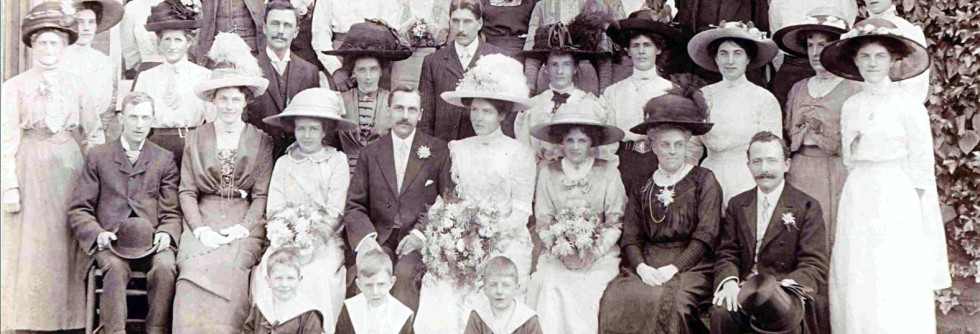
JJ Rowe Diary: 11 Feb 1889
Introduction
The first entry in Joseph Rowe’s 5-week diary was made on 11 February 1889. He had been stationed in Gibraltar with the British army for just over a year, and it was here that his first child, also named Joseph, was born in 1888.
The diary begins on the day that Joseph and his fellow soldiers departed Gibraltar for India, the site of their next posting. Also travelling with Joseph were his wife, Pollie, and his 4-month old son. It is a nostalgic entry, looking back at his time in Gibraltar and the friends that he and Pollie were leaving behind.… Continue reading








 Have you discovered a gardener in your family? Perhaps, like me, you have come across one or more ancestors noted in the census records as gardeners, horticulturalists, or nurserymen. Some, like
Have you discovered a gardener in your family? Perhaps, like me, you have come across one or more ancestors noted in the census records as gardeners, horticulturalists, or nurserymen. Some, like 
 Eighty-four years ago today, on 4 September 1932, great-uncle Walter Clarke died in Palgrave, Suffolk, England at the age of 71. He was a public-spirited man, and his death was therefore felt not only by family, but by his community as well. The Diss Express for 9 September 1932 carried a report of Uncle Walter’s death that included many details of his public service.
Eighty-four years ago today, on 4 September 1932, great-uncle Walter Clarke died in Palgrave, Suffolk, England at the age of 71. He was a public-spirited man, and his death was therefore felt not only by family, but by his community as well. The Diss Express for 9 September 1932 carried a report of Uncle Walter’s death that included many details of his public service.
